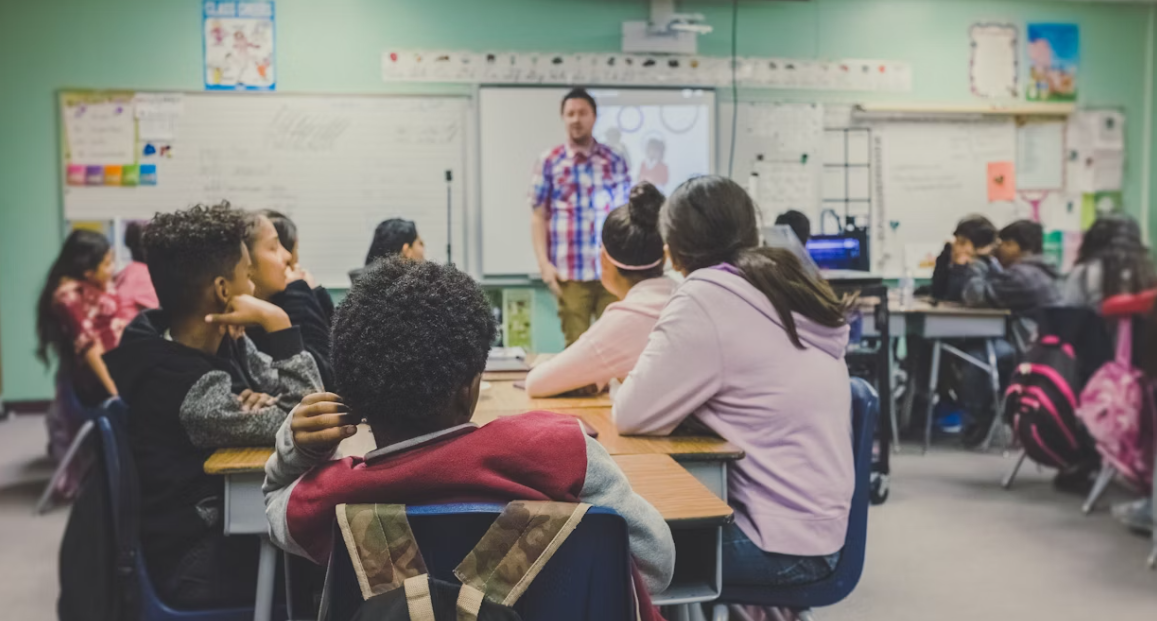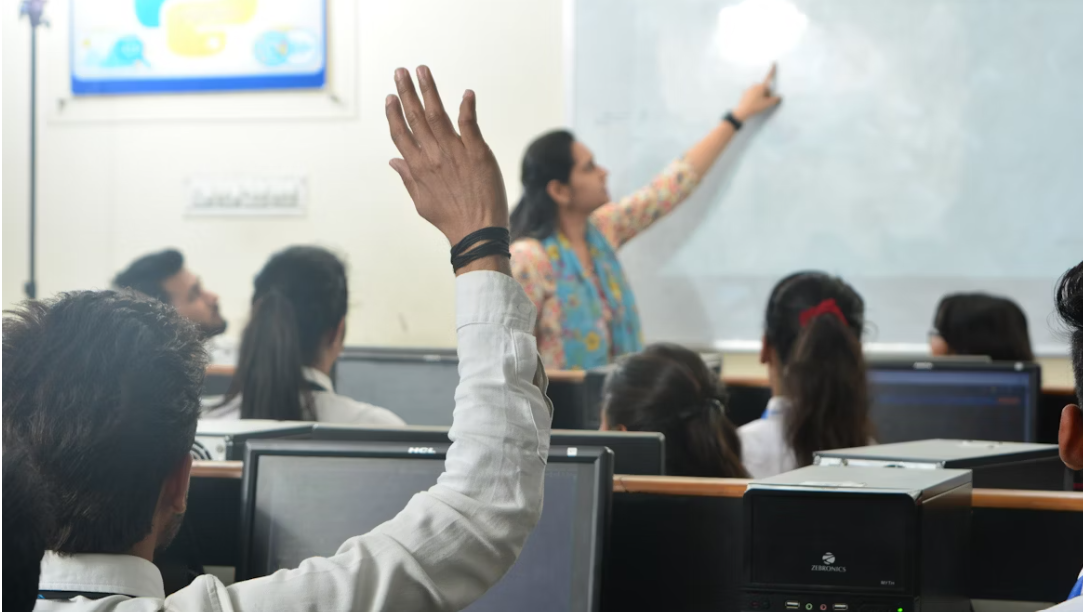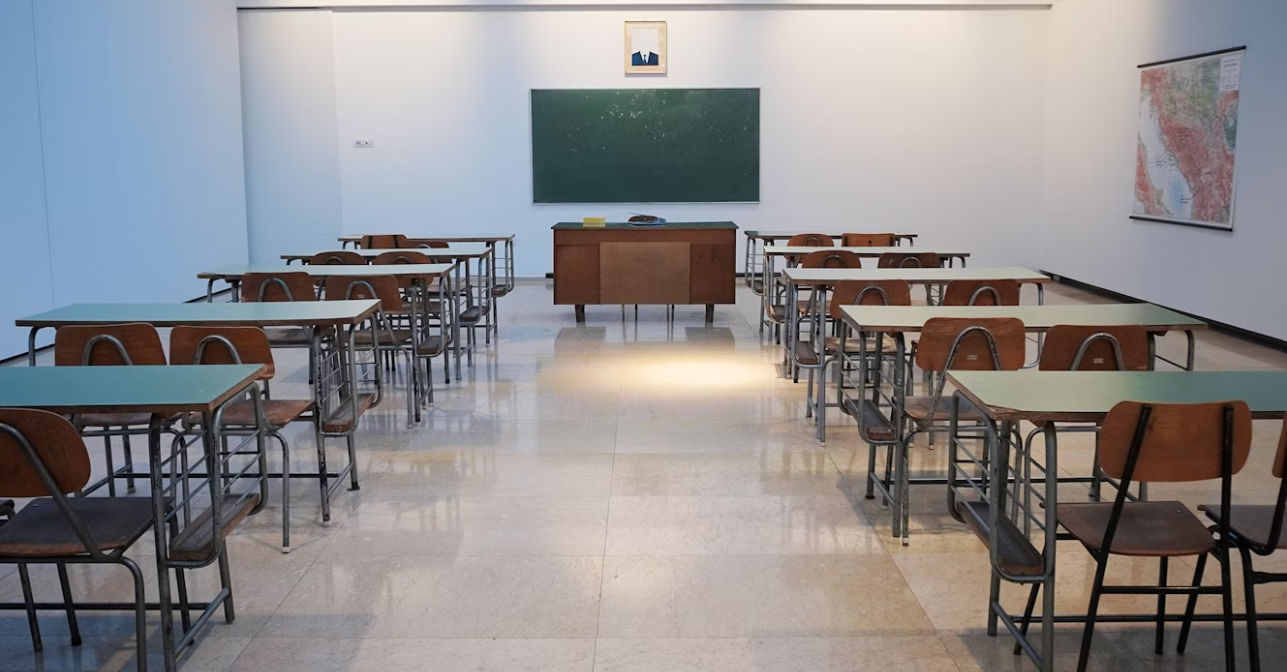By Afroditi A. Karagianni,
Recently in the Greek educational community, the talk of the town has been (among other things) the schools referred to as “Onaseia”, which are currently slowly being formed. More specifically, the Greek Government is to allow the Onasis Foundation to reform, redesign and donate to the public several different school buildings in the near future, which will be now called Onaseia and function as public schools. Their teachers will be assigned by the government (which will also be their employer) and at the same time, the type of education the students will be the recipients of (and thus the subjects they will be studying) is to be monitored by the Foundation and the Department of Education alike.
By now, you are probably faced with the question: And what about their students? As far as my knowledge of the matter goes, the students who will be able to study in these schools will be between the ages of 12-18. Let us pause here. In Greece, this age group studies firstly in “Gymnasio” for three years, and then for another three years in Lykeio. So far, for one to enter Gymnasio at 12 years old, there are no exams required whatsoever. To move on to Lykeio however, one has to be meticulously examined in several different subjects, such as history, mathematics and Greek language. What the department of education is currently thinking, is to establish a new set of exams just before Gymnasio (governing an array of subjects) and concurrently maintain those the students take before Lykeio. Simultaneously, the students’ general knowledge and basic skills will be examined as well. As is expected, those who score best in their exams will be the ones selected to attend Onaseia schools, the educational level of which “will be significantly elevated” and they will “offer better chances of attending good universities to their students”, as the Onasis Foundation is in close association with many universities around the world. As intriguing as all these may sound, I cannot help but wonder if the creation of these schools will ultimately do more harm than good.

On the one hand, these schools, filled with academically inclined students, capable of conquering complex ideas, will probably offer pupils a space to expand their minds and broaden their horizons even further. It is safe to assume that more ideas will be presented, topics will be discussed in further detail and/or under a different light and the majority of the students will be participating in the learning process, compared to other schools where many kids are usually uninterested and unmotivated to take part. Furthermore, the Onasis Foundation might not employ the teachers itself, but is the foundation behind the refurbishment and reorganization of the schools. As such, these schools will be provided with the latest learning equipment, technological gadgets, teaching tools and materials, which will go a long way toward bettering the learning process and encouraging their students to actively engage in learning. Of course, anyone who studies in Greece is already aware of the huge contrast between this, and the typical public schools in our country who are constantly left underfunded, have not been properly renovated in years, and often—as a result—discourage both their teachers and students from adopting a more enthusiastic approach to learning.
On the other hand, as convenient as all the above may sound, I find that the creation of these schools can also be the root of many evils. For starters, the examination process in Greece is already a bleak page of our educational system. Here, exams are found to be extremely stressful, unpleasant and draining as a process. In addition, they often scare and disappoint students, who then—naturally—grow repulsed by both learning itself and the subjects they are taking each time. Imagine being 12 years old, and having to undergo this excruciating an experience, one that may disappoint you so much, to be able to shift your whole outlook on learning and receiving knowledge. In my opinion, subjecting kids to exams of the like at such an early age will prove detrimental to their mental health and relationship with learning, since the majority of the students will be eventually rejected by Onaseia—as they will be the minority of our learning institutions, compared to the numbers of the other public schools.
Additionally, these exams are strictly testing the students’ academic inclination and offer no examination of the rest of the skills each person may maintain. Many other assets like creativity, imagination, artistic inclinations and practicality will never be detected by these tests. This sends the incredibly false message that the only intelligence that really matters is the one associated with academics, and the other kinds are less important at best. To me, it is high time Greece stopped assessing how “smart” and “capable” one is based solely on their academic performance and started separating the different types of intellect one might possess and valued each equally. At the end of the day, we are not all invested or inclined in the same things, and there is no need to pressure one another into following the unreasonable expectations set by the uninformed, who insist on measuring one’s capabilities in such a narrow and old-fashioned way.
Moving on, the establishment of these schools will inevitably lead to the creation of many more unpleasant feelings for students. First of all, the students of Onaseia will feel constant stress to overperform and achieve perfection in their academic scores. As you may be guessing, this fact will probably lead to them becoming competitive with one another. Do not get me wrong, getting inspired by your classmates and consequently feeling the need to improve your own skills is both healthy and natural. However, in these schools, students will chase the best grades, the best scholarships and the highest of accolades—and at the same time put up a fierce fight to not be ”kicked out”—, and this is a reality that breeds anxiety, antagonism and perfectionism above all else.

At the same time, the students at other schools might be faced with feelings of inferiority. Their young age, paired with society’s absurd ideas on academic intelligence—which is typically deemed as more worthy as I analyzed before—, will prevent them from realizing their own worth, and also discovering their own inclinations and gifts. They will constantly feel disappointed in themselves, (even more) discouraged to participate in the learning process and even begin to feel that learning things is pointless if you are not “the best” at doing it, which is utterly devastating. Learning should be a celebration, a journey, an experience accessible to all. By conditioning these kids to see themselves as incapable of participating in it—well or altogether—, one can be sure that the rise of feelings of deep disappointment, lack of self-assurance and denial—to engage and/or better themselves—will, almost mathematically, be a reality. Not to mention the divide and feuds that might arise between the younglings who will be studying at different schools, through which they will each be trying to compensate for their unresolved feelings and negative thoughts.
Personally, given the unspeakable state of the educational system and equipment, I can understand the need for further substantial funding. However, I find that the creation of these schools will ultimately do more harm than good to their students. As I see it, the pupils’ emotional and physical wellbeing is far more important than whatever benefit their early education might be met with. Besides, how effective can one’s education be when their mental health slowly deteriorates? In truth, more exams, exhaustion and anxiety are the last thing Greek students want. Ultimately, the improvement of all educational spaces is the only scenario in which students will not be further stressed and will be educated in more efficient and engaging ways, and that is exactly what we hope to see by those who claim to care about our education, wellbeing and futures.
REFERENCE
- Δημόσια Ωνάσεια Σχολεία, ethnos.gr, available here




